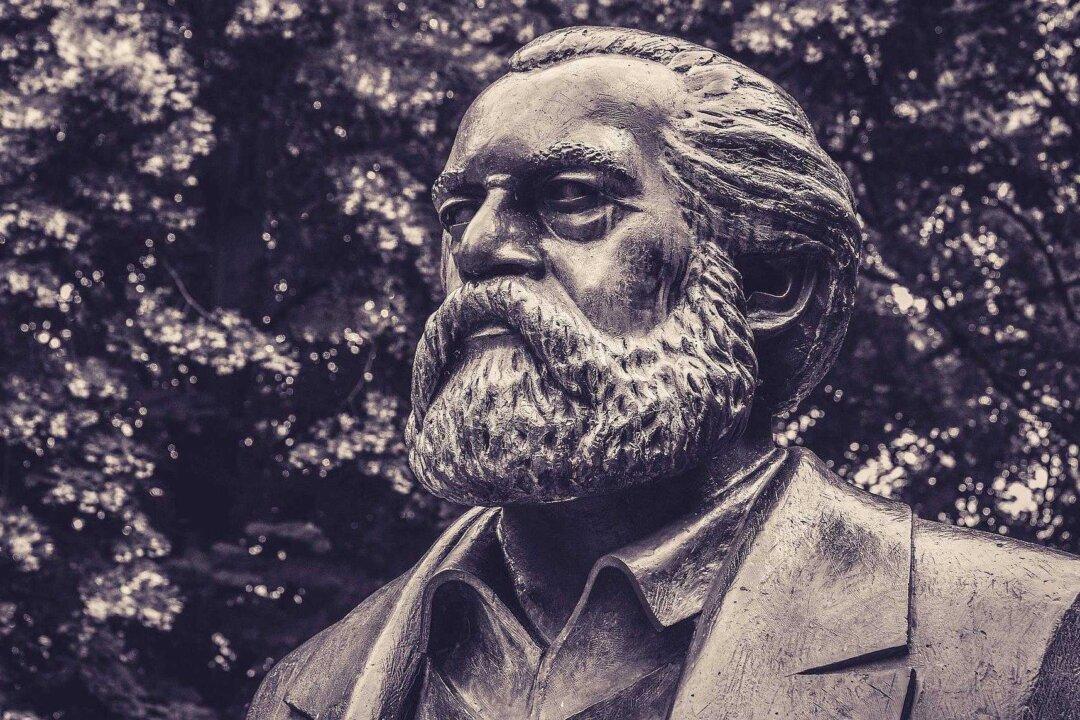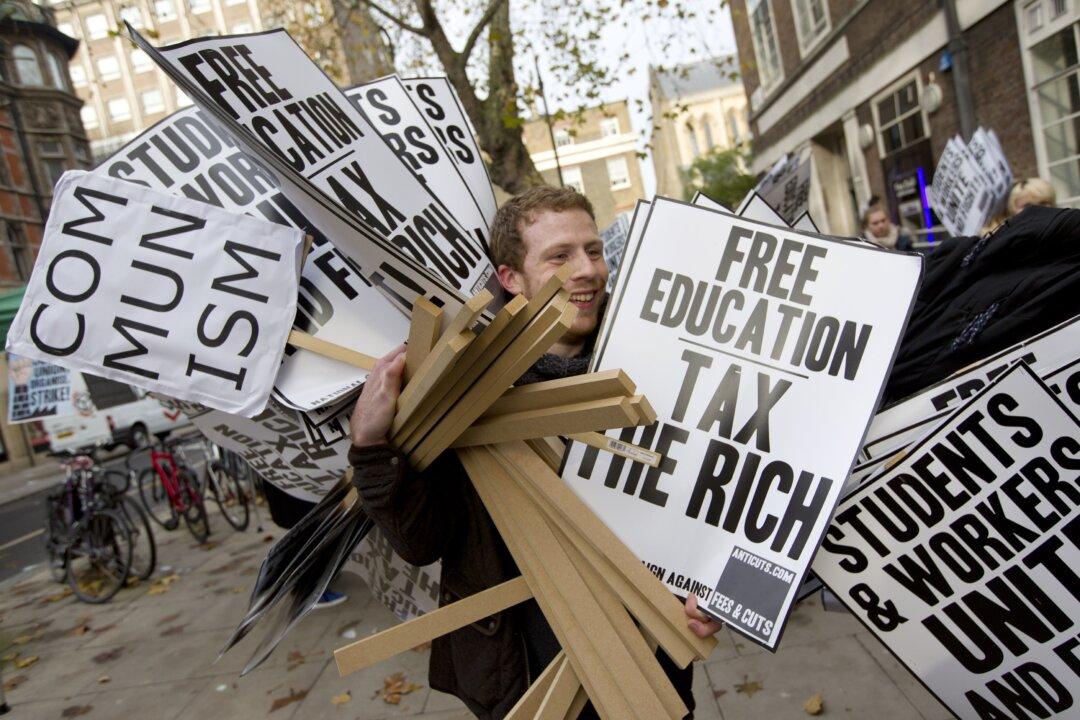Commentary
Generations of Americans have grown up hearing that America always has championed democracy and opposed illiberal ideologies such as fascism, socialism, and communism. But if you go to the website of the Communist Party USA, their opening slogan (scroll to the bottom of the page) is, “For democracy.” Hmm ... are communists the good guys—possibly the true Americans? No, they aren’t, as long as we’re clear about what we mean by the word “democracy.”





